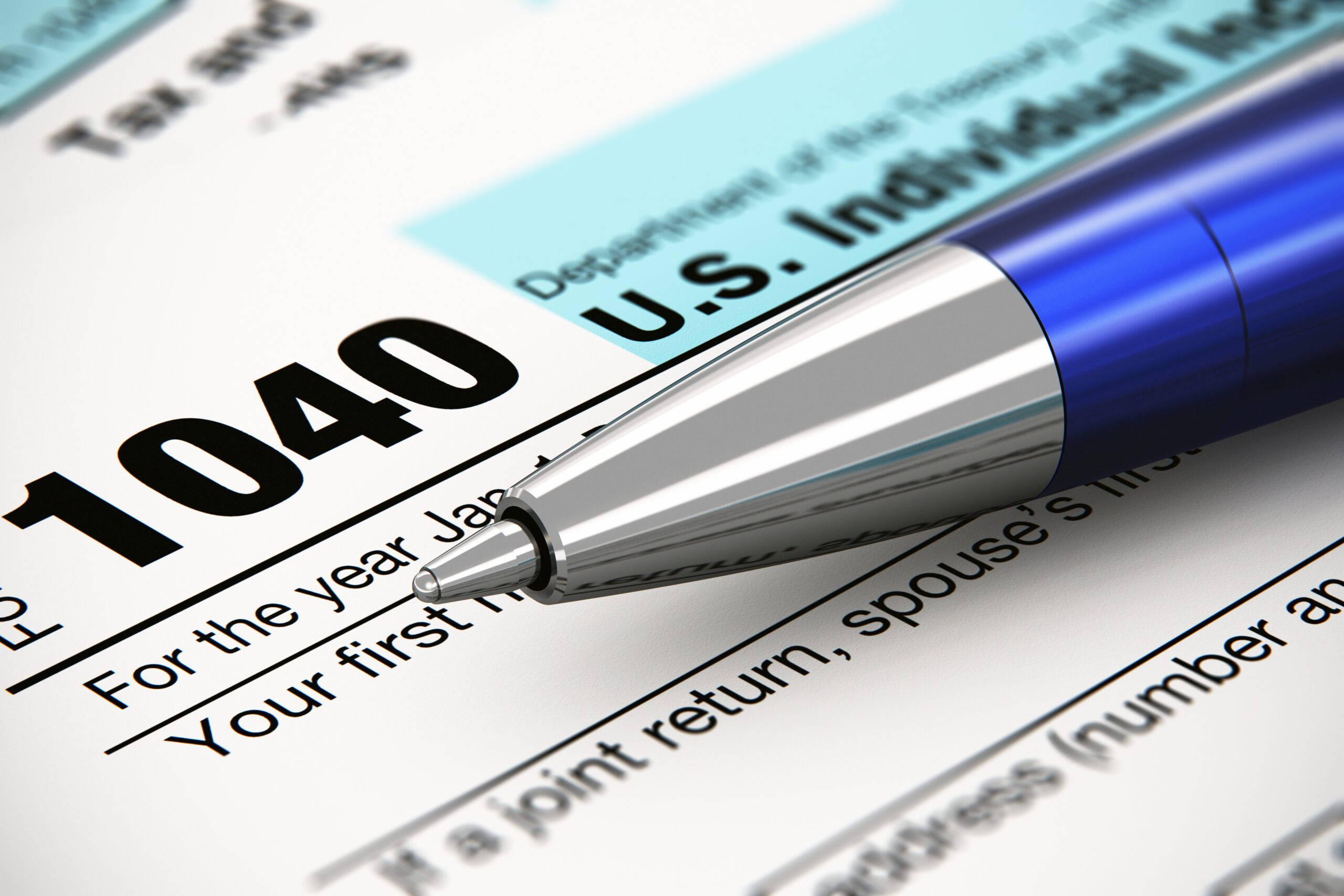Ethics Reform, Research, And Equity
Bipartisan House bill introduced on presidential ethics reform. The Presidential Ethics Reform Act – introduced by House Committee on Oversight and Accountability Chair James Comer (R-KY) and Rep. Katie Porter (D-CA) – would require disclosure of conflicts of interest while in office, and require presidents and vice presidents to disclose foreign payments, tax returns, and other documentation during their time in office and the two-year period before and after their terms. Presidents and vice presidents would also have to make comparable disclosures for immediate family members.
In three weeks: 14th Annual IRS-TPC Joint Research Conference on Tax Administration. The IRS and TPC invite you to attend the only annual conference focused on tax administration research. Researchers from the IRS, other government agencies, academia, and private organizations will discuss some of the latest analyses seeking to make tax administration as effective as possible. Register for in-person attendance here, or you can register for virtual attendance here.
Speaking of administration: GAO recommends the IRS improve audit practices to reflect equity. The IRS uses an automated system to select returns that claim refundable credits, such as the Earned Income Tax Credit, for audit. The Government Accountability Office (GAO) examined IRS safeguards against unintended bias and made six recommendations to IRS. These include improving its reviews of audit selection processes and using additional performance measures in assessing its selection systems. The IRS agreed to all of GAO’s recommendations.
Portland, Oregon, drivers renewed their gas tax. Portland voters approved a ballot measure to renew the city’s gas 10-cent-per-gallon gas tax for four more years. Revenues support street and sidewalk maintenance and safety projects across Portland. City officials estimate an average Portland driver of a gas-powered vehicle will pay $2.50 per month.
Maybe a “meals tax” in Fairfax County, Virginia, for dining out. This week, county supervisors directed the county executive to evaluate whether levying a tax between 1 and 6 percent on food and beverages prepared in restaurants, grocery stores, and convenience stores would make sense. The “meals tax” idea is a response to the county’s newly passed budget that increased the annual tax bill for homeowners by an average of $450. Residential tax revenue now accounts for 66 percent of the county’s general fund after the rise of remote work hurt the commercial real estate market.
For the latest tax news, subscribe to the Tax Policy Center’s Daily Deduction. Sign up here to have it delivered to your inbox weekdays at 8:00 am (Mondays only when Congress is in recess). We welcome tips on new research or other news. Email Renu Zaretsky.






